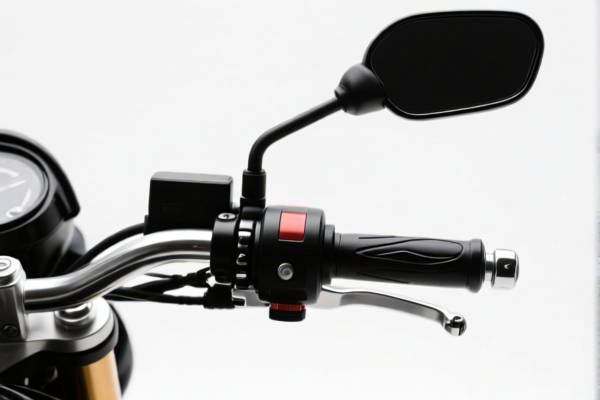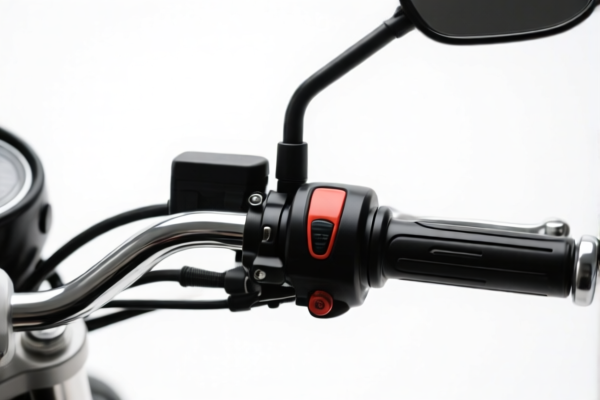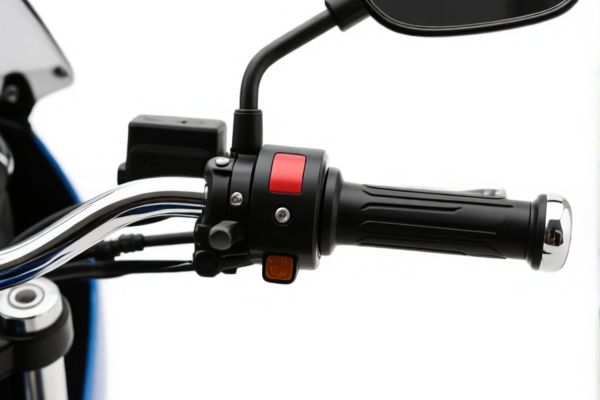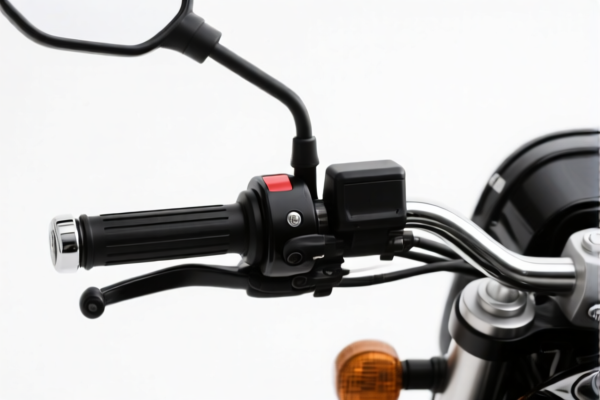| HS Code | Official Doc | Tariff Rate | Origin | Destination | Effective Date |
|---|---|---|---|---|---|
| 7003300000 | Doc | 61.3% | CN | US | 2025-05-12 |
| 7003190000 | Doc | 56.3% | CN | US | 2025-05-12 |
| 7006001000 | Doc | 63.8% | CN | US | 2025-05-12 |
| 7006004050 | Doc | 59.9% | CN | US | 2025-05-12 |
| 7115903000 | Doc | 58.9% | CN | US | 2025-05-12 |
| 3926301000 | Doc | 44.0% | CN | US | 2025-05-12 |
| 3926909989 | Doc | 42.8% | CN | US | 2025-05-12 |
| 3916100000 | Doc | 60.8% | CN | US | 2025-05-12 |
| 3916901000 | Doc | 61.5% | CN | US | 2025-05-12 |




Handlebars is a simple templating engine. It allows the separation of logic from templates, promoting maintainable code.
Material
Handlebars is a software library, primarily implemented in JavaScript. There are ports available for other languages, but JavaScript is its native environment. Templates themselves are written in plain text, utilizing a specific syntax for dynamic content.
Purpose
The core purpose of Handlebars is to create reusable HTML fragments (or other text-based formats) dynamically. It facilitates the creation of web pages, emails, or any other output where content varies based on data.
Function
Handlebars functions by parsing a template string and replacing variables with data provided at runtime. Key features include:
- Variables: Represented by double curly braces
{{variableName}}, these are replaced with values from a data object. - Sections:
{{#if condition}}...{{/if}},{{each items}}...{{/each}}allow conditional rendering and looping through data collections. - Helpers: Custom functions that extend Handlebars' functionality. They can perform complex logic or formatting.
- Partials: Reusable template fragments, allowing for modular template design.
- Escaping: Automatic escaping of HTML entities to prevent cross-site scripting (XSS) vulnerabilities.
Usage Scenarios
- Web Development: Generating dynamic HTML content in web applications (e.g., displaying lists of products, user profiles). Often used in conjunction with JavaScript frameworks like Node.js, Express.js, or client-side frameworks.
- Email Templates: Creating personalized email content.
- Configuration Files: Generating configuration files based on data.
- Code Generation: Generating source code from templates.
Common Types/Implementations
- JavaScript (Native): The original and most widely used implementation. Available as an npm package (
handlebars). - Handlebars.js: The most common name for the JavaScript implementation.
- Other Language Ports: Implementations exist for Ruby, Python, PHP, .NET, and other languages, although they may not have the same level of feature parity as the JavaScript version.
- Precompilation: Handlebars templates can be precompiled into JavaScript functions for improved performance. This is particularly useful for complex templates or when generating a large number of templates.
- Liquid: While not a direct equivalent, Liquid is a popular templating engine often used in Shopify themes, and shares similar concepts.
Based on the provided information, the following HS codes may be relevant to “handlebars”:
- 3926301000: Fittings for furniture, coachwork or the like: Handles and knobs. This code covers fittings used in furniture or coachwork, specifically handles and knobs. Given that handlebars function as handles, this HS code is potentially applicable. The total tax rate is 44.0%.
- 3926909989: Other articles of plastics and articles of other materials of headings 3901 to 3914: Other: Other Other. This is a broad category for other plastic articles. If the handlebars are made of plastic and don’t fall under more specific classifications, this code could be considered. The total tax rate is 42.8%.
According to the provided reference material, the HS code options related to 'handlebars' are limited, with only the following 2 found.
It is important to determine the material composition of the handlebars to accurately classify them. If made of plastic, both HS codes could be considered, but 3926301000 is more specific if they function as handles.
Customer Reviews
No reviews yet.